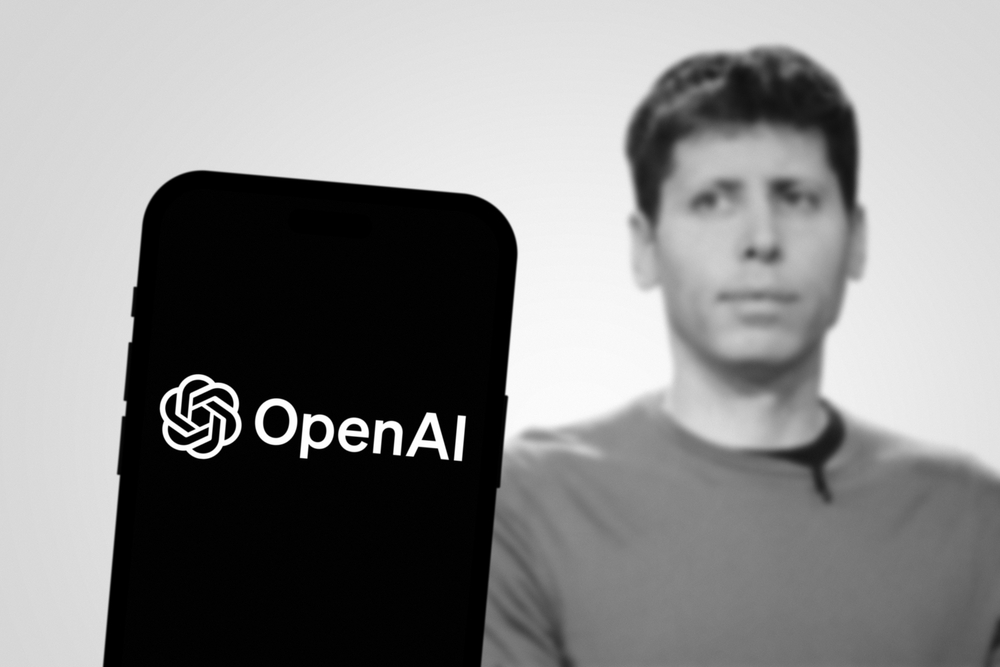
Curiosity just got a new home — and it’s watching you. OpenAI has rolled out Atlas, a web browser designed to merge ordinary browsing with ChatGPT’s brain. It promises smoother surfing, instant answers, and a personal touch that learns from your habits. Yet that same intimacy raises an eyebrow: Atlas doesn’t just remember sites you visit — it keeps “memories” about what you saw and did there.
Unlike Chrome or Safari, Atlas stores “facts and insights” from your browsing sessions. It can recall your favorite airline, your upcoming trip, even the recipes you searched for last night. Need to reopen those Halloween decorations from last week? Just ask, and it will. It sounds helpful — until you realize your digital assistant may know you better than your friends.
Privacy experts are already calling it a double-edged sword. According to the Electronic Frontier Foundation, Atlas was found storing data from visits to reproductive health sites, including doctor names — something OpenAI said it fixed later. Still, the discovery left a sour taste. “The extensive data collection could be a privacy nightmare,” one researcher warned.
Users can delete memories manually, toggle what ChatGPT can see, or switch to “incognito,” though that mode doesn’t hide activity from OpenAI itself. Company reps insist the data isn’t sold or used for advertising — at least not yet. “We use memory only to improve Atlas features,” said product lead Adam Fry.
The new browser marks a shift in how AI interacts with the web. It can even pilot your cursor, perform tasks, and summarize pages in real time. Convenient? Absolutely. Comforting? Not quite. As the line between assistant and observer blurs, Atlas reminds us that every smart feature has a cost — one measured in data, not dollars.
Source: The Washington Post – “ChatGPT just came out with its own web browser. Use it with caution.”

 Get in Touch
Get in Touch 


